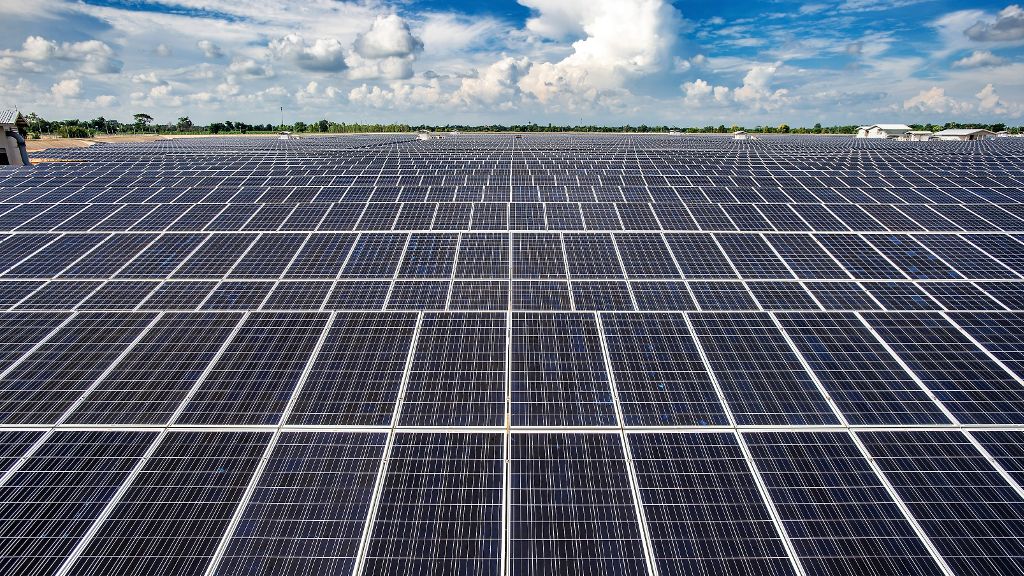ADB Supporting Cambodia’s Energy Transition Program
The Asian Development Bank (ADB) has approved a sector development program that combines a $50 million policy-based loan package with $23 million in project investments to support the energy transition of Cambodia. The Energy Transition Sector Development Program includes ADB’s first comprehensive policy reform package for the energy sector in Cambodia.







